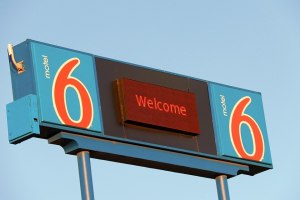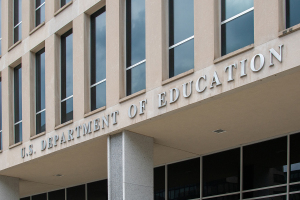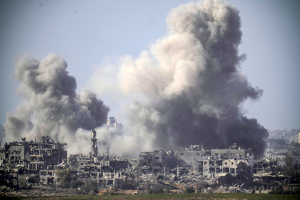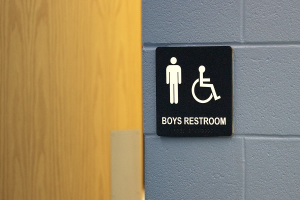Preliminary Reports Show South Sudan Will Be Its Own Nation
Initial reports seem to show that an overwhelming majority of Sudanese voters chose to break up the African nation into two separate countries.
Preliminary results released Wednesday from Sudan's landmark referendum show that 97.5 percent of voters are in favor of independence. Listeners applauded and cheered when Timon Wani, head of the Juba county referendum sub-committee, announced the results, global news agency AFP reported.
In Juba, 97.5 percent of the votes (or 211,018 votes), cast between January 9 and 16, were for the Southern, predominately Christian portion of the country to secede from the mainly Muslim North. Another 3,650 voted for continued unity. Other states also saw overwhelming majority votes for independence.
In the days following the referendum's close, Sudanese officials encouraged citizens not to get their hopes up.
"Don't dance and beat drums and celebrate before the baby is born in case there may be a miscarriage," warned Information Minister Barnaba Marial.
The final results of the referendum will not be released until February 14. However, many in South Sudan have already begun making preparations for a new country.
Sudanese poets and musicians are already working with the Technical Committee to prepare lyrics and tunes for a new national anthem, according to BBC.
Lyrics include the words, "Sing songs of freedom with joy. For peace, liberty and justices shall forever more reign. So Lord, bless South Sudan."
In a more somber and serious step towards a new nation, South Sudan leader Salva Kiir urged citizens on Sunday to forgive the north for killings that occurred during the 20-year civil war.
From the pulpit of a Catholic Cathedral in Juba, Kiir stated, "For our deceased brothers and sisters, particularly those who have fallen during the time of struggle, may God bless them with eternal peace."
"And," he continued, "may we, like Jesus Christ on the cross, forgive those who have forcefully caused their deaths."
South Sudan has had a tumultuous past filled with wars over land, oil and control between the Muslim dominated north and the Christian and animist south. The religious and ethnic fightings has claimed the lives of over 2 million people and wiped out an estimated 500 churches. It has also displaced an additional 4 million people.
The enactment of the 2005 Comprehensive Peace Agreement ended two decades of civil war between the polarized regions and paved the way for last week's vote.
As people rejoice in their new-found hope, they must also be reminded that there is a lot of work to be completed before South Sudan can stand as a self-sufficient country.
In previous conversations, World Vision Policy Adviser Jesse Eaves told The Christian Post that South Sudan will have to build up its infrastructure and deal with its overwhelming health issues.





























